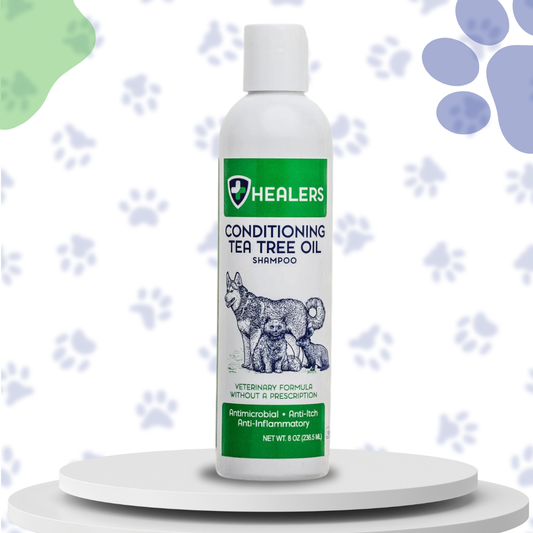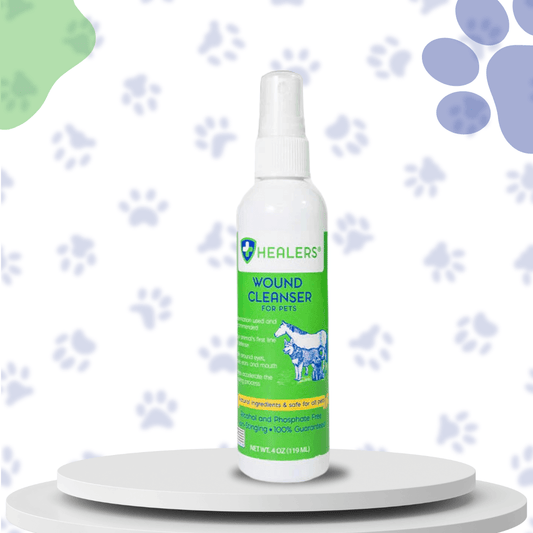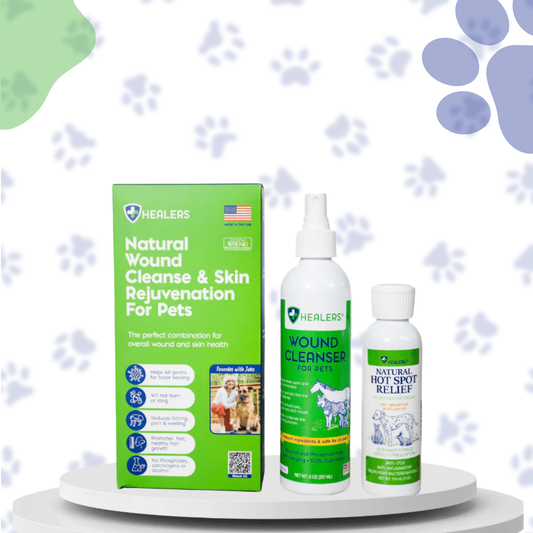Can Dogs Eat Artificial Sweeteners
Can Dogs Eat Artificial Sweeteners
In the ever-expanding world of pet care, it's not uncommon for dog owners to question the safety of various food items that find their way into our kitchens. One such topic that often raises eyebrows is the consumption of artificial sweeteners by our furry companions.
As we strive to provide our dogs with the best nutrition, it's essential to be aware of potential hazards lurking in seemingly harmless products. In this article, we'll explore the question, "Can dogs eat artificial sweeteners?" and delve into the implications that these sugar substitutes may have on our canine friends' health.
Let's separate fact from fiction and ensure the well-being of our four-legged family members.

Why Artificial Sweeteners Are Popular in Human Foods
Artificial sweeteners are popular for several reasons. They can help people reduce their sugar intake, which can lower the risk of obesity, diabetes, and dental problems.
They can also provide sweetness without affecting blood sugar levels, which can benefit people with diabetes or other metabolic disorders. Some artificial sweeteners, such as stevia and monk fruit, are derived from natural sources and may have additional health benefits.
However, artificial sweeteners are not without drawbacks. Some people may experience side effects, such as headaches, digestive issues, or allergic reactions.
Some studies have also suggested that artificial sweeteners may alter the gut microbiome, affect appetite and metabolism, and increase the risk of certain diseases. The long-term safety and efficacy of artificial sweeteners are still under debate.
Are Artificial Sweeteners Safe for Dogs?
The answer to this question depends on the type and amount of artificial sweetener consumed by the dog. Some artificial sweeteners, such as aspartame, sucralose, and stevia, are generally considered safe for dogs in small amounts says experts from CanDogsEatAI.
They are not toxic to dogs and do not cause significant changes in blood sugar levels. However, they may still cause gastrointestinal upset, diarrhea, or vomiting if ingested in large quantities or by sensitive dogs.
Other artificial sweeteners, such as saccharin, cyclamate, and acesulfame potassium, are more controversial. They have been banned or restricted in some countries due to their potential carcinogenic effects. While there is no conclusive evidence that they are harmful to dogs, they may still pose a risk if consumed in large amounts or over a long period of time.
Xylitol: The Most Dangerous Artificial Sweetener for Dogs

Xylitol is a sugar alcohol that is commonly used as a sweetener in human foods, especially sugar-free gums, candies, and baked goods. It is also found in some dental products, such as toothpaste and mouthwash, and some medications, such as nasal sprays and cough syrups. Xylitol is considered safe for humans, but it is extremely toxic to dogs. An important note: Xylitol is also know as Birch Sugar on some labels.
When dogs ingest xylitol, it is rapidly absorbed into the bloodstream and causes a surge of insulin, the hormone that regulates blood sugar levels. This leads to a sharp drop in blood sugar, which can result in hypoglycemia, a life-threatening condition that can cause seizures, coma, and death. Hypoglycemia can occur within 10 to 60 minutes of xylitol ingestion, depending on the dose and the size of the dog.
Xylitol can also cause liver damage in dogs, which can lead to liver failure, bleeding disorders, and death. Liver damage can occur within a few hours or days of xylitol ingestion, depending on the dose and the individual dog. Some dogs may not show any signs of liver damage until it is too late.
The toxic dose of xylitol for dogs is estimated to be around 0.1 grams per kilogram of body weight. This means that a 10-kilogram dog can be poisoned by eating as little as one piece of sugar-free gum or one teaspoon of xylitol-containing peanut butter. However, some products may contain higher concentrations of xylitol, so even a smaller amount can be dangerous.
How to Prevent Your Dog from Ingesting Artificial Sweeteners
The best way to prevent your dog from ingesting artificial sweeteners is to keep them away from any products that may contain them. This includes human foods, beverages, dental products, medications, and supplements.
Always read the labels and ingredients of any products you buy or use, and look for any names or synonyms of artificial sweeteners, such as xylitol, erythritol, sorbitol, mannitol, maltitol, isomalt, lactitol, and hydrogenated starch hydrolysates.
If you have any products that contain artificial sweeteners, store them in a secure place that your dog cannot access, such as a locked cabinet or a high shelf. Do not leave them on the counter, table, or floor, where your dog may find them.
Do not share any foods or drinks that contain artificial sweeteners with your dog, including sugar-free gum or candies. Instead, opt for healthier treats made especially for dogs, like the best dog biscuits.
Do not use any dental products or medications that contain artificial sweeteners on your dog, and consult your veterinarian before giving your dog any supplements that may contain them.
Do not share any foods or drinks that contain artificial sweeteners with your dog, including sugar-free gum or candies. Instead, opt for healthier treats made especially for dogs, like the best dog biscuits.
What to Do If Your Dog Eats Something with Artificial Sweeteners
If you suspect that your dog has eaten something with artificial sweeteners, especially xylitol, act quickly and seek veterinary attention immediately. Do not wait for symptoms to appear, as they may be too late to reverse.
If possible, try to identify the product and the amount ingested by your dog, and bring the packaging or label with you to the vet. This will help the vet determine the best course of treatment for your dog.
The treatment for artificial sweetener poisoning in dogs may vary depending on the type and amount of artificial sweetener ingested, the size and health of the dog, and the time elapsed since ingestion.
The vet may induce vomiting, administer activated charcoal, give intravenous fluids and glucose, monitor blood sugar and liver function, and provide supportive care. The prognosis for artificial sweetener poisoning in dogs depends on the severity of the poisoning, the promptness of treatment, and the response of the dog.
Well, That’s a Wrap
While the allure of sharing sweet treats with our dogs is understandable, it's crucial to exercise caution when it comes to artificial sweeteners. The potential risks, ranging from digestive issues to severe health complications, underscore the importance of making informed choices about what goes into our pets' bowls.
Ultimately, ensuring the longevity and vitality of our canine companions means steering clear of artificial sweeteners and opting for dog-friendly alternatives. By prioritizing their well-being, we can continue to enjoy a happy, healthy bond with our beloved furry friends for years to come.
About Author: Thank you to our guest author, Carlene D, for a very informative article on an import subject that every dog owner should be aware of.
Carlene D - Carlene D, our dedicated Content Writer at CanDogsEatAI, combines a passion for dogs with a commitment to providing accurate, well-researched information. With a keen understanding of canine nutrition, she strives to empower dog owners to make informed choices for their beloved furry family members.






